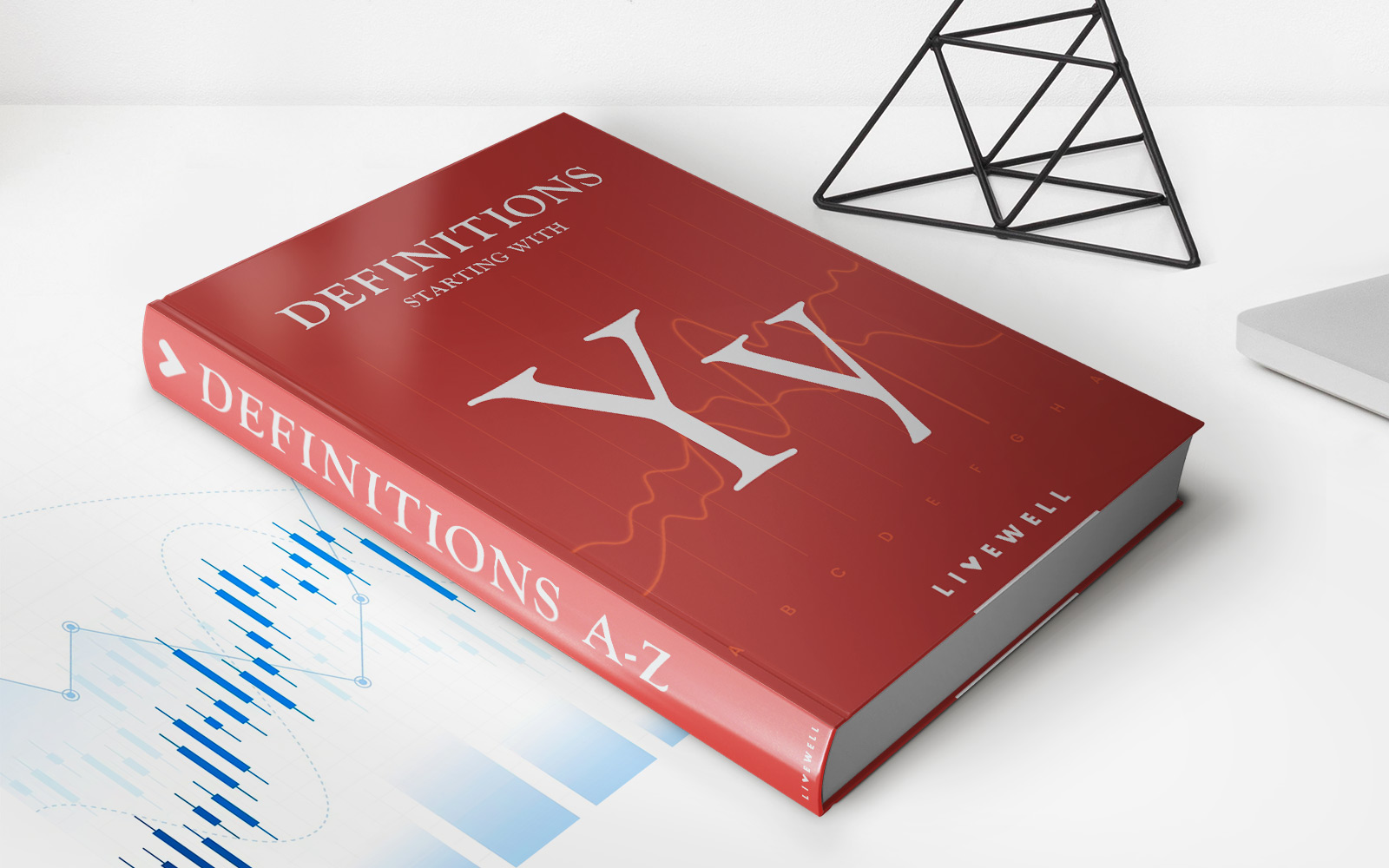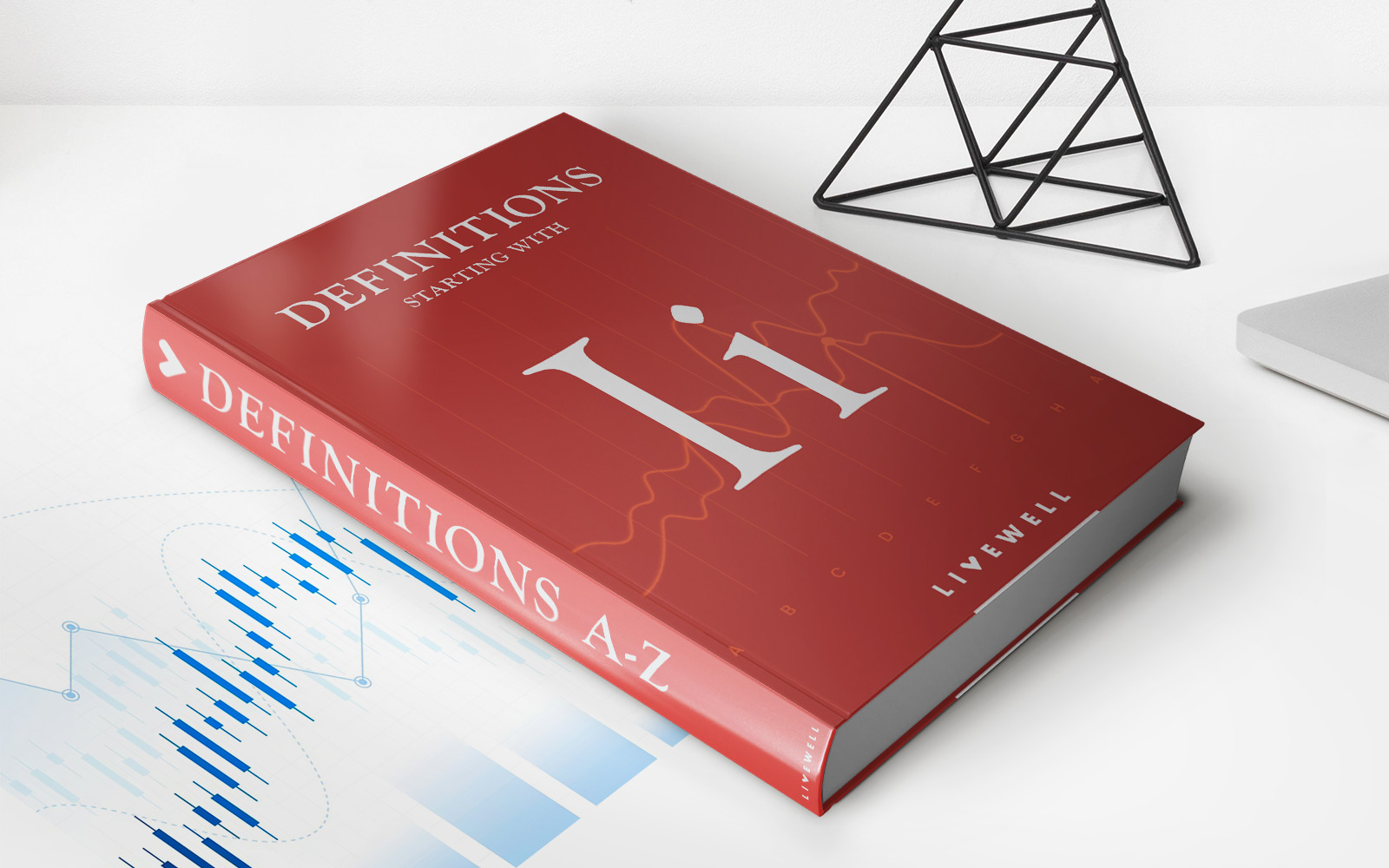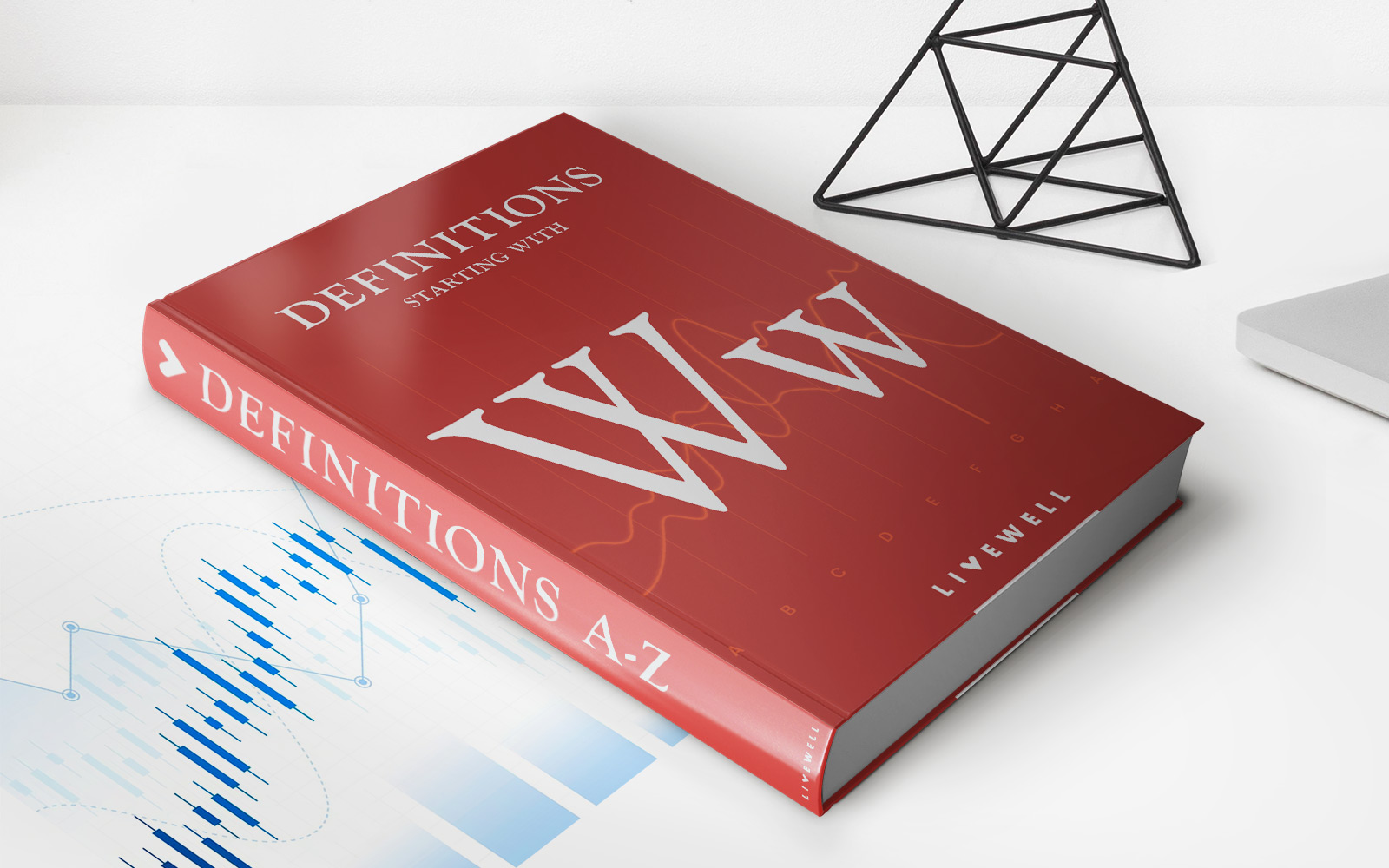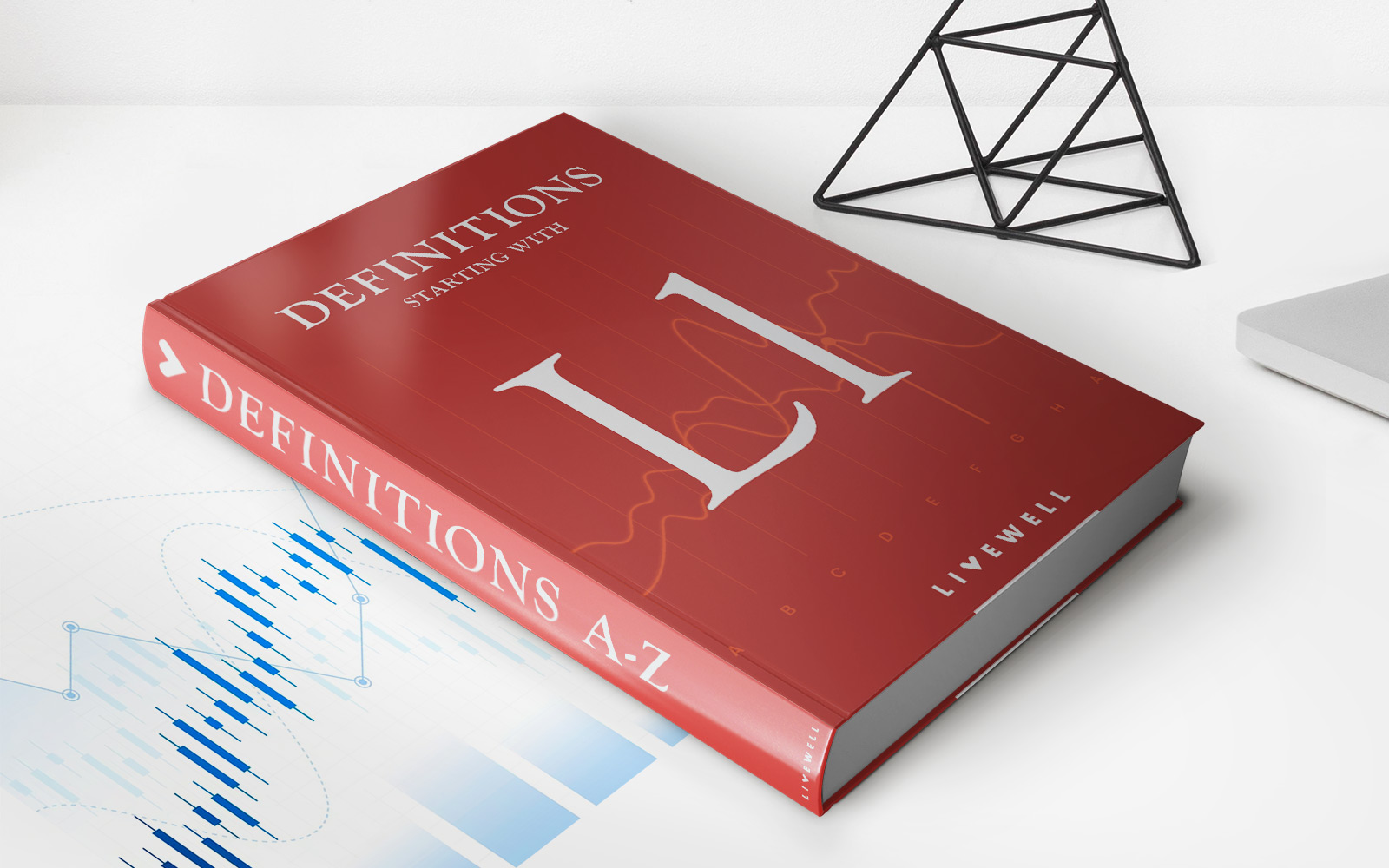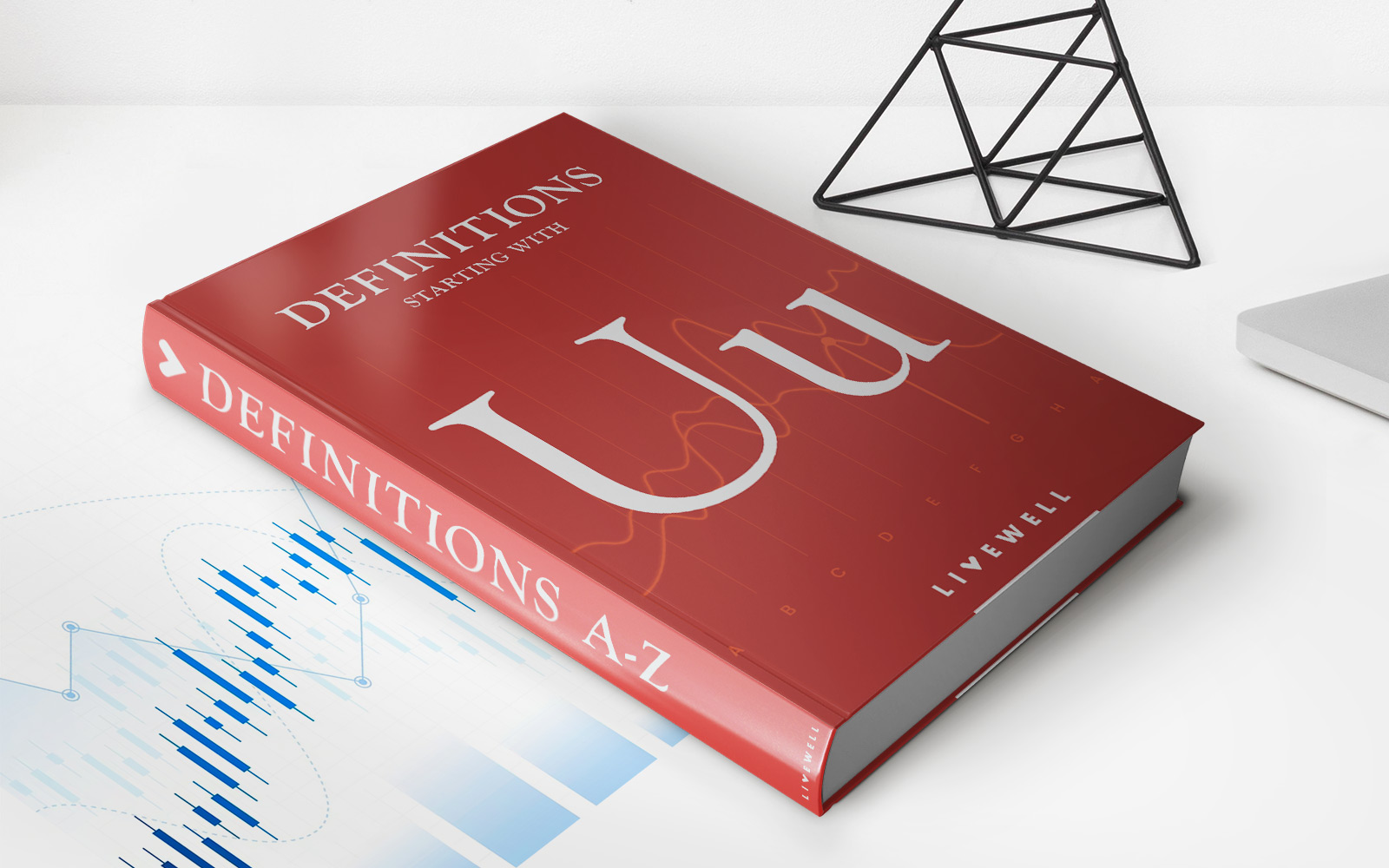

Finance
Unauthorized Insurer Definition
Published: February 12, 2024
Learn about the unauthorized insurer definition in the world of finance. Understand the risks and implications of dealing with such entities.
(Many of the links in this article redirect to a specific reviewed product. Your purchase of these products through affiliate links helps to generate commission for LiveWell, at no extra cost. Learn more)
Understanding the Definition of an Unauthorized Insurer in Finance
Finance is a vast and sometimes complex field, filled with numerous terms and concepts that may seem confusing to the untrained eye. One such term that is crucial to understand is the definition of an unauthorized insurer. In this blog post, we will provide a comprehensive explanation of this term, its relevance in the finance industry, and its implications for individuals and businesses alike.
Key Takeaways:
- An unauthorized insurer refers to an insurance company that operates without the necessary legal permissions and licenses in a particular jurisdiction.
- Interacting with an unauthorized insurer can lead to financial risks, as individuals may not receive the protection and benefits they assume they are entitled to.
So, what exactly is an unauthorized insurer? Simply put, an unauthorized insurer is an insurance company that operates in a specific jurisdiction without the necessary legal permissions and licenses. These permissions and licenses are typically granted by regulatory bodies, such as insurance departments or commissions, to ensure that insurers meet certain financial, legal, and operational requirements.
It’s important to note that unauthorized insurers may not necessarily be engaged in fraudulent activities. Instead, they may simply lack the necessary credentials to operate legally in a particular jurisdiction. However, dealing with an unauthorized insurer poses certain risks, as individuals and businesses may not receive the protection and benefits they assume they are entitled to.
The implications of interacting with an unauthorized insurer can be significant. Since these insurers are not held to the same regulatory standards as authorized insurers, their financial stability and ability to honor claims may be questionable. This means that policyholders may face challenges in receiving payouts or settlements in the event of a claim. Additionally, should an unauthorized insurer become insolvent, policyholders may experience financial losses.
It’s crucial for individuals and businesses to protect themselves from unauthorized insurers. Here are a few steps to consider:
- Research and verify the credentials of insurers before purchasing a policy, ensuring they are authorized to operate in your jurisdiction.
- Check with your local insurance regulatory body to confirm an insurer’s licensing status.
- Read policy contracts carefully and understand the terms, conditions, and limitations to avoid any surprises down the line.
- If you suspect that you are dealing with an unauthorized insurer or have encountered any irregularities, report the incident to your local insurance regulatory authority.
- Consult with a licensed insurance professional or financial advisor for guidance on selecting the most suitable and reliable insurers.
By taking these precautions, you can mitigate the risks associated with unauthorized insurers and ensure that you receive the protection and coverage you need from reputable and trustworthy insurance providers.
In Conclusion
Understanding the definition of an unauthorized insurer is essential in the complex world of finance. Interacting with unauthorized insurers can lead to financial risks, potentially leaving individuals and businesses without the expected protection and benefits. By conducting thorough research, verifying credentials, and consulting with insurance professionals, individuals can safeguard themselves from the pitfalls of dealing with unauthorized insurers. Stay informed and make informed decisions to protect your financial well-being.



